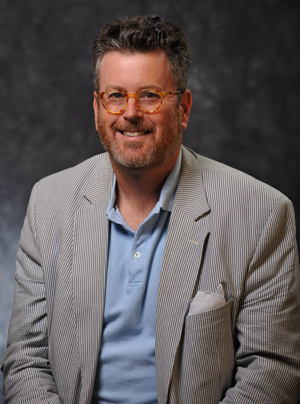 Michael Desch
Michael Desch
Trends in political science are marginalizing the subfield of security studies, argues Michael Desch, a professor in the Department of Political Science at the University of Notre Dame, in a new piece in the journal Perspectives on Politics.
Desch believes that social science, as practiced in the United States since the early 20th century, has tried to balance two impulses: to be a rigorous science and a relevant social enterprise. However, he believes there is a disconnect between political science’s self-image of balancing rigor and relevance with the reality of how political scientists actually conduct their scholarship most of the time.
“My argument is that, left to their own devices, many social scientists will tend to do work that responds primarily to the questions and problems that other scholars care about and use language and methods preferred by other scholars rather than speaking to a broader audience," Desch says. “They do this in part for good intellectual reasons — most disciplines develop specialized jargon and approaches as they professionalize, and the division of labor naturally leads to them to focus on smaller pieces of the puzzle. But doing so tends to make our work less accessible and relevant to broader policy issues. Historically, wars tend to counteract this trend, but in their absence we revert to cultivating our own ivy-covered gardens.”
Desch notes that the most useful policy-relevant social science work in the area of national security affairs has been interdisciplinary in nature, and this cuts against the increasingly rigid disciplinary silos in the modern academy.
“Most people think that it was the Vietnam War that caused the estrangement of political science and policy-relevant security studies, but the evidence I have found suggests that process began much earlier, soon after the end of the Second World War,” he says.
Desch stresses that his argument is not that scholars would make better policy than bureaucrats and elected officials and that academics have their own biases and different agendas. However, he believes it is important that their voices be heard.
“I wrote the piece because I think that scholars need to be aware that many of our professional incentives lead us to write and talk exclusively to each other,” he said. “But we also need to keep in mind that the work that we do ought to address substantively important questions that people outside of academia care about, and we ought to be able to convey our answers to them in a way that is broadly accessible and lead to the solution of these problems. I think if we were to value both rigor and relevance, we would produce better scholarship and also go a long way toward changing the negative connotation of the word academic.”
Desch’s piece can be found online here.
Contact: Michael Desch, 574-631-2792, mdesch@nd.edu
Originally published by at news.nd.edu on July 30, 2015.